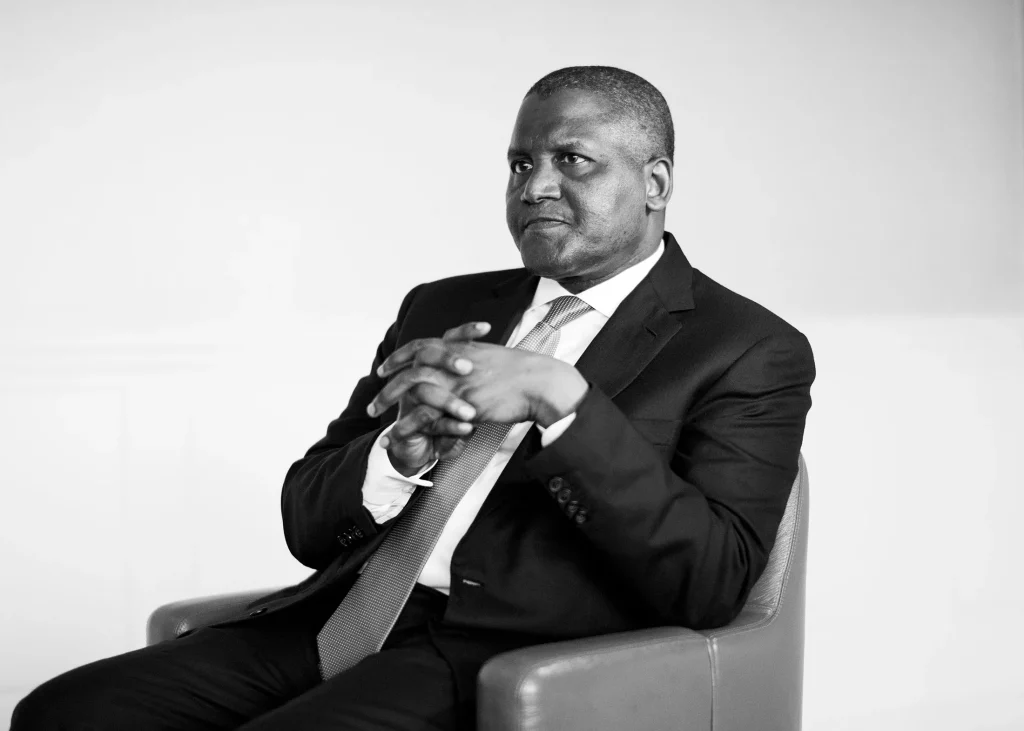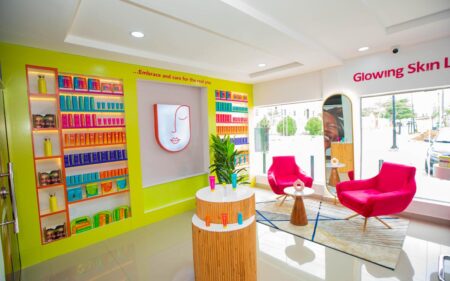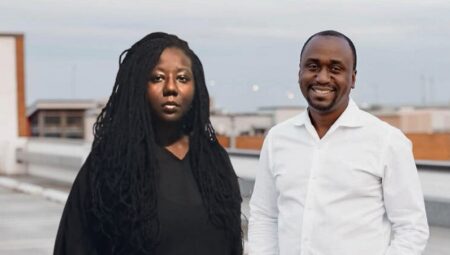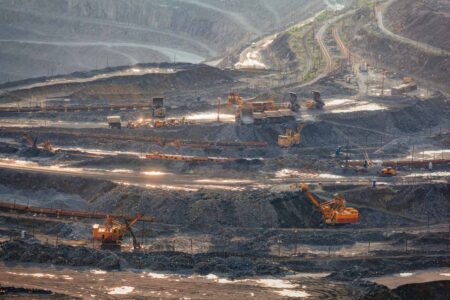In 2017, Africa’s richest man Aliko Dangote, registered two companies in Kenya planning to produce cement in Nairobi and Mombasa.
The companies where Dangote was to own 90 per cent, with 10 per cent owned by some “local shareholders”, were Dangote Cement Kenya Limited which was focused on cement production, while Dangote Quarries Kenya Limited would deal with limestone mining.
At the time, a Chinese company had reportedly signed a US$1.487 billion deal with Nigeria’s cement behemoth Dangote Group to build cement plants in several African countries, including Kenya.
Dangote had for long stated his intention to establish a plant in Kenya and had already been given the nod to prospect for limestone in Kanziku-Simisi in Kitui South sub-county by the county government.
With the demand for cement hitting an all-time high across the continent, Dangote was also planning to open a cement factory in Tanzania.
Other plants to be built by China’s Sinoma International Engineering Co would be in Ethiopia, Zambia, Senegal, Niger, Mali, Cameroon, Cote d’Ivoire, Ghana and Nepal.
With this increased production capacity, Dangote Cement would add 25 million metric tonnes to the existing capacity of nearly 50 million then.
At the signing ceremony in Lagos, Dangote told reporters that works on the plants would be complete within 30 months, with plans to increase the total cement output to 100 million tonnes by 2020.
While the time for the Kenyan factories was ripe, the plans fizzled out, and the story seemed to change to one where Dangote was unable to start the companies due to unfettered corruption demands.
Thus, Dangote Cement pushed back its Kenyan entry to 2021, but it gave no reasons for the delay and the evident change of plans revealed by its annual report in 2017.
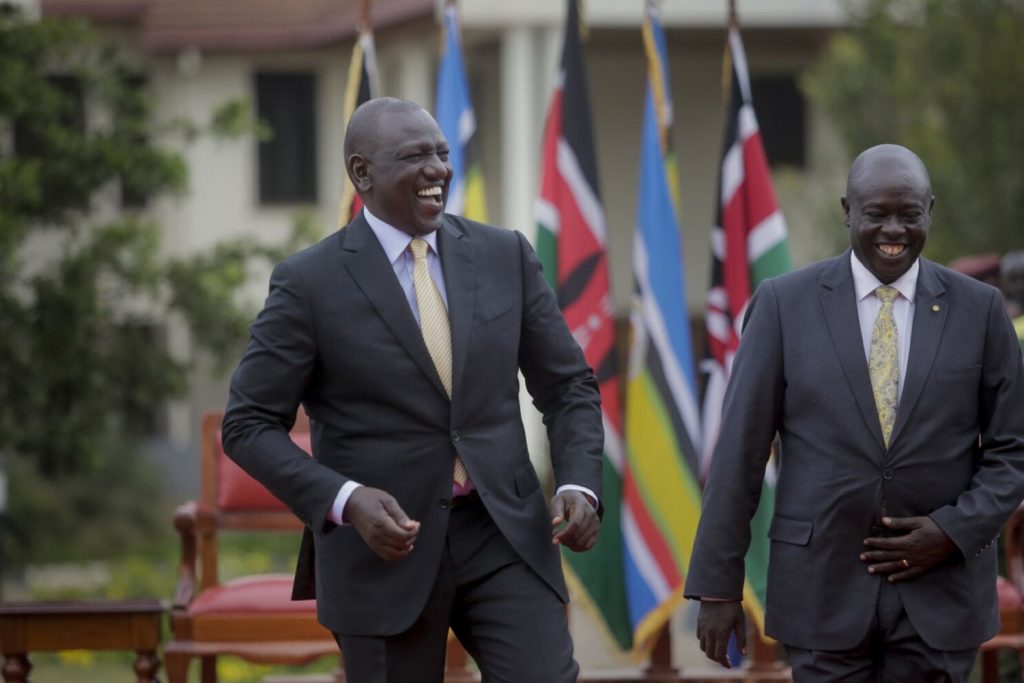
Dangote uses lower pricing to grow its market share, but Kenyans have had to wait longer for this to happen.
However, Dangote was a surprise attendee at William Ruto’s inauguration as Kenya’s fifth president. This revived talks among Kenyans that he probably would now be able to jumpstart his investment plans in Kenya and have the cement plants going.
Ruto and Dangote met in March 2014 when the then Deputy President visited the Obajana plant of Dangote Cement in Kogi State, Nigeria. At the time, Kenya intended to fast-track licensing for Dangote Cement in the country to boost job creation opportunities for Kenyans.
Dangote’s attendance was thus a reminder and probably a harbinger of what is to come in the cement production sector in Kenya.
When the plans for Dangote Cement in Kenya were ongoing, the investor said they had been partnering with Sinoma for a long time and gave a vote of confidence in that the company was reliable to handle the planned projects.
Sinoma, according to Dangote, had built several plants for his company in Nigeria and other countries.
If the plans stand, the Dangote Cement Kenya projects will see the installation of equipment for mining, quarrying and power facilities.
Sinoma chairman Shen Jun said the company had a portfolio of more than 10 cement plants built for the Dangote Group in several African countries since 2008.
With the infrastructural demand in Africa, cement plants remain a prerequisite for meeting this demand, accelerating the continent’s industrialisation.
Dangote Group is the largest industrial entity in West Africa. It is also one of the largest in Africa, with interests in cement, real estate, flour, sugar, salt, pasta, fertiliser production, oil and beverages.
Kenya’s Ministry of Industrialization, Trade and Enterprise Development (MoITED) hailed the move, then saying that Dangote’s investment was a welcome addition in Kenya. While it is yet to be seen what is to come out of these plans, the attendance by Africa’s richest man of Ruto’s inauguration could bear fruit and help Kenya get back on a recovery path.





